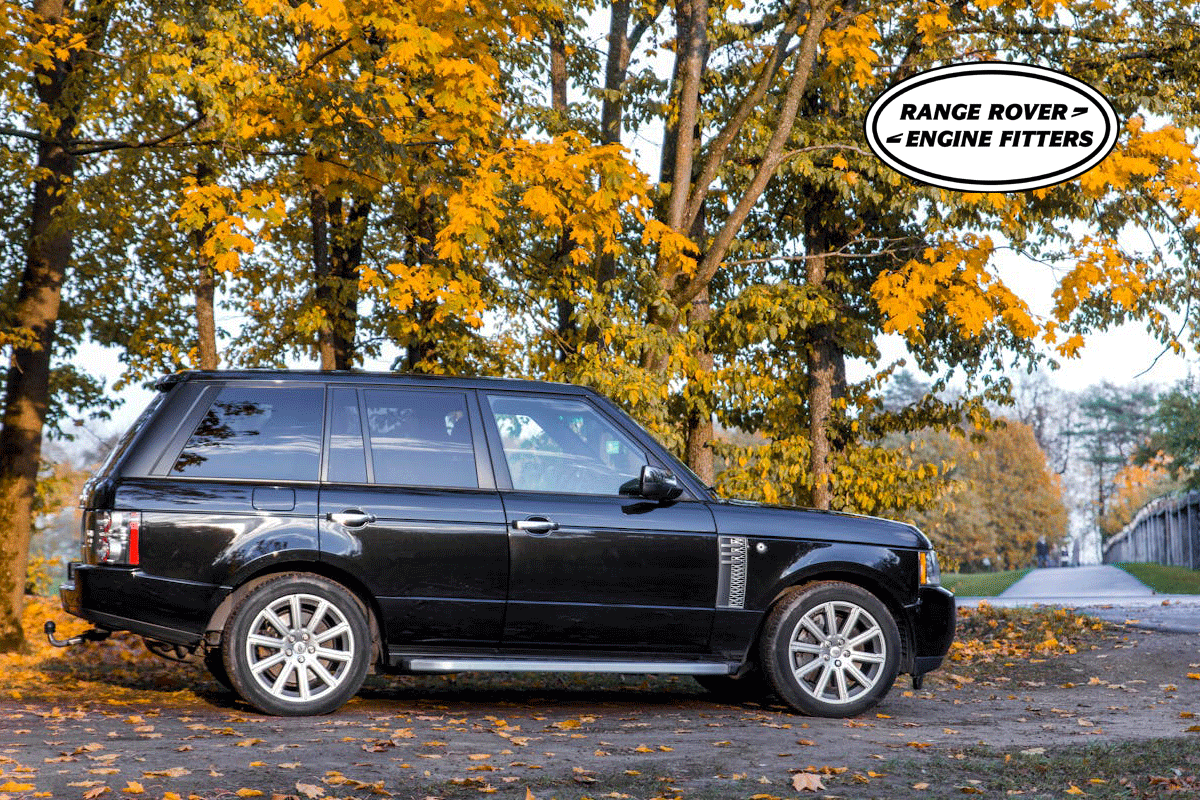The decision to replace a Range Rover engine is a significant one, often driven by necessity when the original engine fails or requires substantial repairs. Car owners face a crucial choice: should they opt for a brand new engine or a reconditioned one? We explores the performance aspects of reconditioned Range Rover engines compared to new ones, providing insights into their reliability, cost-effectiveness, and overall value.
Understanding Reconditioned Engines
Reconditioned engines, also known as rebuilt or remanufactured engines, are essentially used engines that have been disassembled, cleaned, and inspected for wear and damage. Worn-out parts are replaced or refurbished, and the engine is reassembled to meet specific standards. These engines undergo rigorous testing to ensure they function as efficiently as new ones. Reconditioning can involve updating certain components to newer specifications, thus potentially improving some aspects of performance over the original specifications.
Performance Metrics: New vs. Reconditioned
When comparing new and reconditioned Range Rover engines, several performance metrics come into play, including horsepower, torque, fuel efficiency, and reliability. New engines typically offer the best performance in terms of power and efficiency since they are built with the latest technology and components. However, a well-reconditioned engine can perform nearly as well, particularly if the reconditioning process includes modern upgrades. The key lies in the quality of the reconditioning work and the parts used.
Reliability and Longevity
Reliability is a critical factor for any engine. New Range Rover engines come with a manufacturer’s warranty, ensuring a certain level of reliability and peace of mind. They are built to last and can provide many years of trouble-free operation if maintained properly. On the other hand, reconditioned engines, while generally reliable, depend heavily on the skill of the technicians and the quality of the parts used. High-quality reconditioning can result in an engine that rivals a new one in terms of longevity, but there is often more variability in the outcomes.
Cost Considerations
One of the most significant advantages of reconditioned engines is cost savings. New Range Rover engines are expensive, reflecting their high performance and modern technology. Reconditioned engines are more affordable, making them an attractive option for budget-conscious car owners. The cost of reconditioning an engine can vary widely based on the extent of repairs and replacements needed, but it generally remains lower than purchasing a brand new engine.
Environmental Impact
Choosing a reconditioned engine can also be an environmentally friendly decision. Reconditioning involves reusing existing components, which reduces waste and the demand for new materials. This process lowers the overall environmental impact associated with manufacturing new engines. Additionally, reconditioned engines that incorporate modern upgrades can improve fuel efficiency and emissions, aligning with contemporary environmental standards.
Availability and Turnaround Time
The availability of new Range Rover engines can be limited by production schedules and supply chain constraints, potentially leading to longer wait times for car owners. In contrast, reconditioned engines can often be sourced more quickly, especially from specialized rebuilders or salvage yards. This can be a crucial factor for those needing to get their vehicle back on the road swiftly.
Resale Value
The resale value of a Range Rover can be influenced by the type of engine it has. A vehicle with a new engine may fetch a higher price on the second-hand market due to the perceived reliability and performance benefits. However, a Range Rover with a high-quality reconditioned engine can still command a respectable price, particularly if the reconditioning has been documented and performed by a reputable service provider. Ensuring all work is well-documented can help maintain resale value.
Conclusion
In summary, reconditioned Range Rover engines offer a viable alternative to new engines, with substantial cost savings and environmental benefits. While new engines guarantee peak performance and reliability backed by a manufacturer’s warranty, reconditioned engines, when done properly, can closely match these standards. The choice between new and reconditioned ultimately depends on individual priorities, including budget, environmental concerns, and the urgency of the replacement. Both options have their merits, and understanding the nuances can help car owners make an informed decision.
By considering factors such as performance, reliability, cost, environmental impact, availability, and resale value, car owners can determine which option best suits their needs and preferences. Whether choosing the cutting-edge technology of a new engine or the cost-effective, eco-friendly route of a reconditioned one, both paths lead to the revival of the beloved Range Rover’s performance and reliability.

